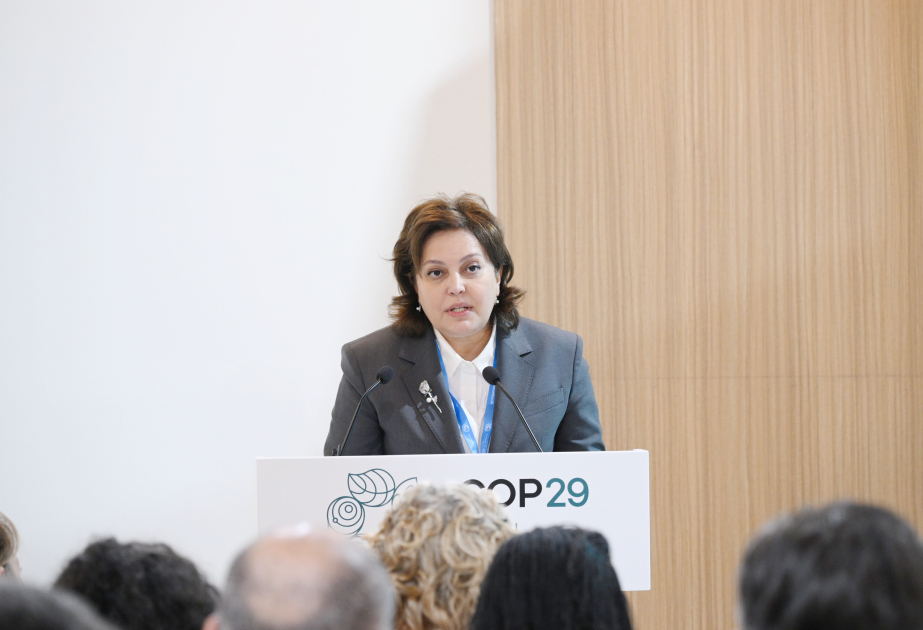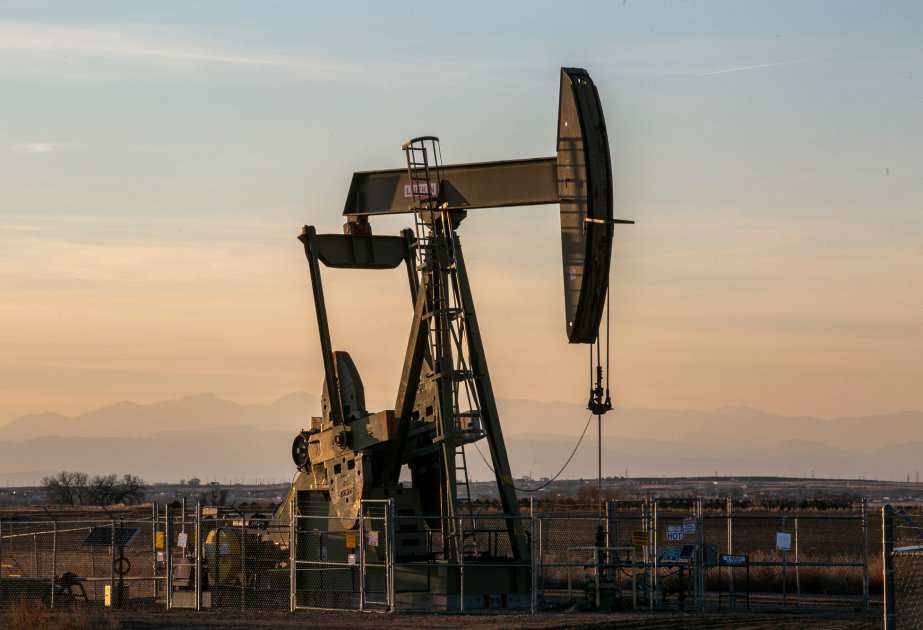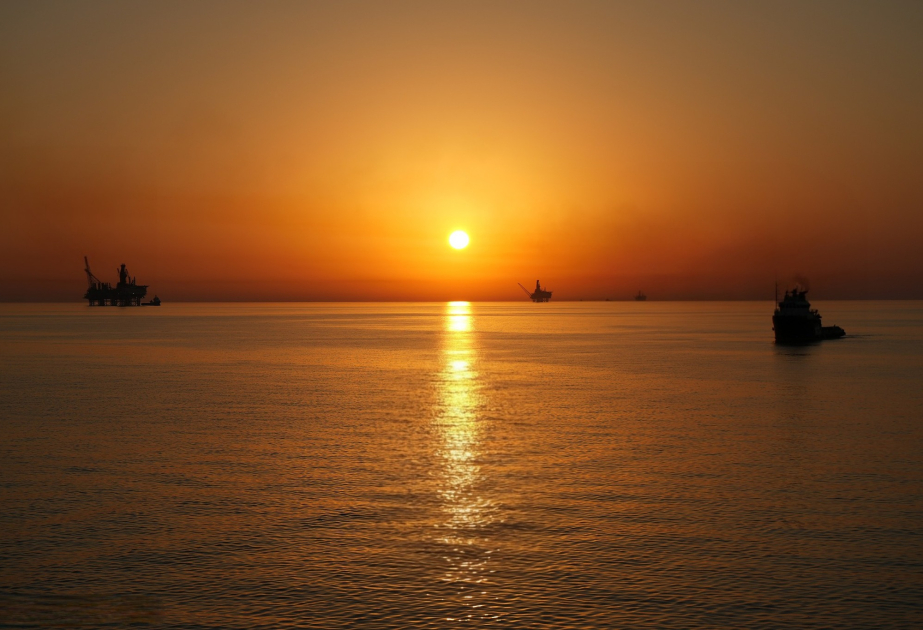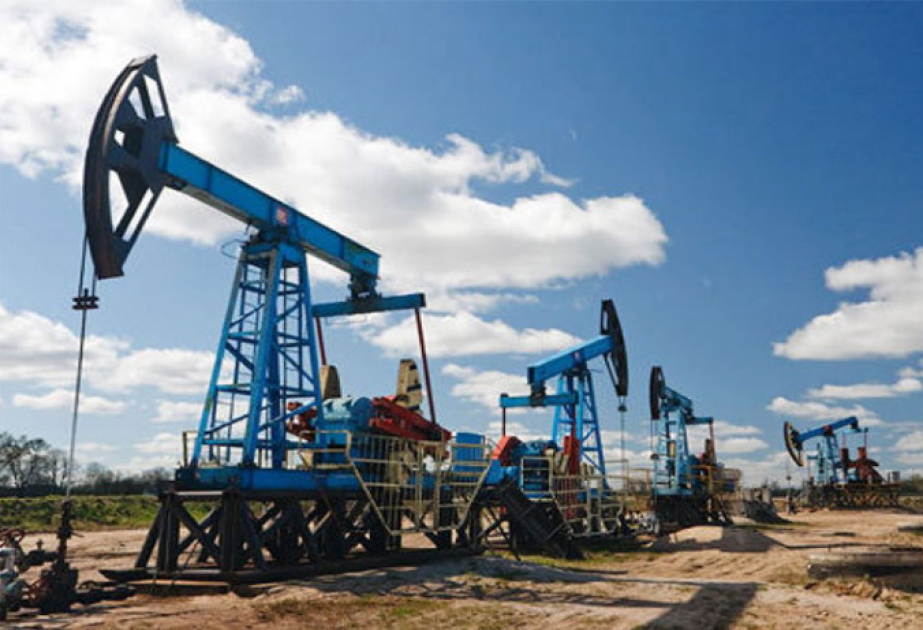“The Caspian Sea region is a unique natural environment with rich biodiversity and ecosystem. However, in recent decades it witnessed serious environmental challenges. One of the main challenges facing the Caspian Sea region is climate change and its impacts. Extreme weather events, increased frequency of natural disasters and changes in biodiversity – all of that require joint efforts for adapting to new realities,” said Umayra Taghiyeva, Azerbaijan’s Deputy Minister of Ecology and Natural Resources, as she addressed the high level meeting on Caspian Sea Water Decline in light of climate change organized as part of COP29 in Baku.
“The Caspian Sea is close to its lowest level in recorded history. Over the past 30 years, the sea level has dropped nearly 2.5 meters, and in recent years, the annual decline has reached an alarming 20-30 centimeters.
This rapid shallowing causes serious environmental and economic risks that demand immediate action,” Taghiyeva noted.
“The report "Caspian Sea Fluctuations and Climate Change" recently prepared by UNEP provides critical insights into the complex linkage between climate change, regional hydrology and sea-level decline.
Among its key conclusions is the urgent need for coordinated, cross-border research to address the several impacts of sea-level changes on ecosystems, economies and infrastructure.
It is important to build on the insights gained and continue expert dialogue. This will help develop a joint strategy and adaptation plan to reduce the impact of climate change on the Caspian Sea coastal zone and its infrastructure,” the deputy minister emphasized.





















